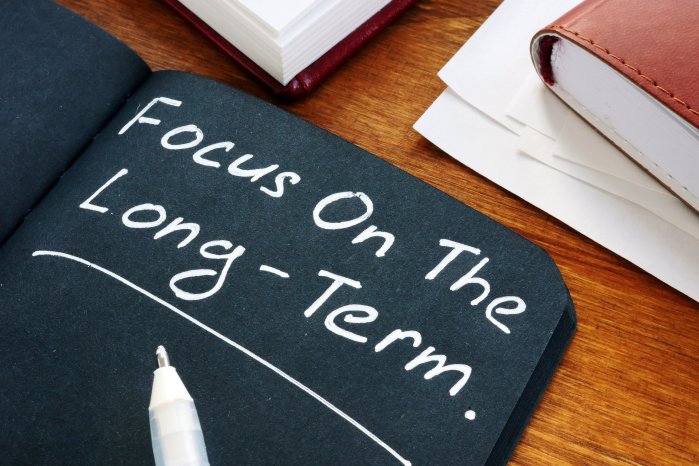The whole situation feels like a war without any visible enemy.
Nonetheless, most companies are doing their best to cope with the difficult situation. Supplying customers, patching up unreliable supply chains, maintaining operations – as well as they can.
Some sectors – such as tourism and gastronomy – are inevitably suffering massive declines. But the many other sectors should not let the virus completely determine their economic activities. Of course, priority must be given to compliance with health protection measures. But unwanted forced breaks in daily business also provide an unprecedented opportunity to invest in training employees or in the development of new strategies. It’s true, no one knows exactly how long this virus will continue to affect our lives. No one can reliably forecast the expected sales losses. But one thing is certain; life will carry on – economic life too - after corona. With that in mind, in addition to being fully committed to the immediate protection of the people’s health, it is important that companies keep things in perspective. That they question the business models they have grown fond of. That they finally get to grips with implementing or finalising digitisation.
There is no doubt that business leaders of all sizes of companies – including SMEs – must do one thing first: ensure their entrepreneurial survival. This includes acquiring any necessary state subsidies, renegotiating loans or sending employees on premature vacation or even short-time work. But medium- and long-term planning requires thinking in 6–12 monthly cycles. Is that absurd? No, it may be unusual to think like this, but it is a sensible way to look ahead – even after this phase is over. Sometimes personal, economic or, as now, global crises are an immense threat; but they can also be an opportunity for reorientation. In this difficult situation, one that entails drastic constraints for everyone, every single one of us should also keep an eye on planning.
If everyone just sits back and waits until this is all over or merely buries their head in the sand, it will mean their economic demise. It’s time to buck up and look ahead!
Author
Martin Krill has been working for Hager Unternehmensberatung for nearly 20 years and was appointed Managing Director in 2004. He fills senior sales and management positions in the technology industry and in other selected industries.

